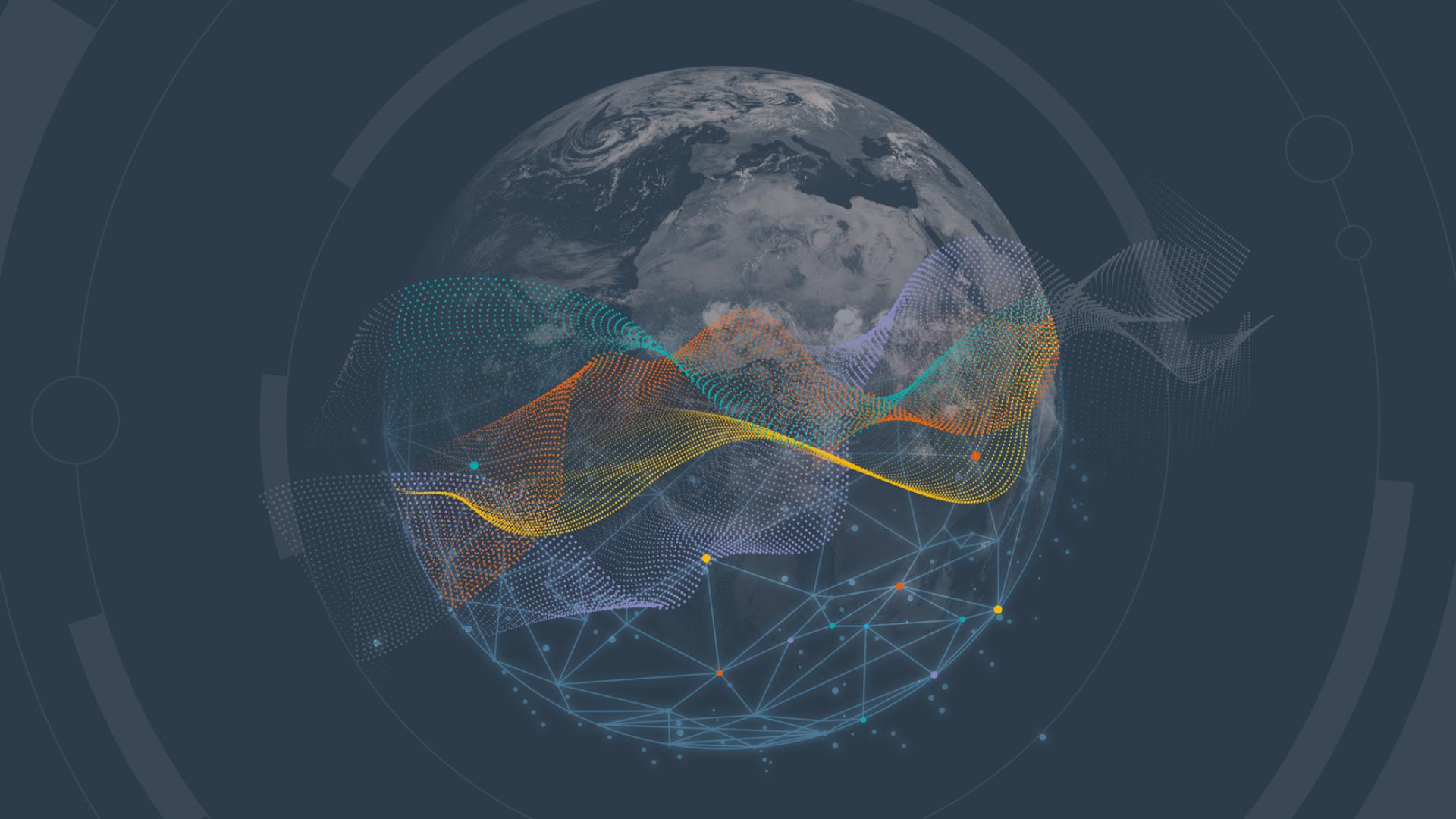Destination Earth, or DestinE, aims to build virtual replicas of Earth systems, or “digital twins”, allowing greater insight into weather and climate phenomena and their impacts on society.
The initiative will allow policy makers and decision makers to explore potential scenarios and potential responses.
The European Commission has entrusted EUMETSAT, the European Space Agency (ESA) and the European Centre for Medium-Range Weather Forecasts (ECMWF) with the implementation of Destination Earth. EUMETSAT is responsible for the implementation and operation of the data lake, ESA is responsible for its core service platform and the ECMWF for the two initial digital twins driving the extreme weather and climate adaptation modelling. The data lake is where all of the Destination Earth data can be found and accessed.
Head of Digital Solutions and Satellite Application Facilities Lothar Wolf said EUMETSAT had already successfully deployed the first version of the DestinE data lake during the first phase of the initiative. This first version was developed and implemented to schedule by the industrial consortium, led by CloudFerro together with CS France and EODC Vienna.
“The second phase, which begins in June 2024 and lasts until June 2026, will build on what we have already achieved,” Wolf said. “We will continue to engage and focus on meeting the users’ needs and bring the data lake services to a 24/7 operations level.
“EUMETSAT will also work with the ECMWF and ESA in this unique initiative to provide outreach, training and capacity building activities to foster the user uptake of Destination Earth.”
Wolf said other key activities planned for phase two included extending the DestinE data portfolio, maturing the artificial intelligence and machine learning preparedness of its big data processing framework and helping to harmonise and standardise data services and their application processing interfaces, where appropriate.
Ensuring seamless access to the data in the data lake whilst maintaining a high level of scalability is critical to the success of DestinE, Wolf said.
“In addition to storing and providing access to the massive amounts of data generated by the digital twins and the data generated by user applications, EUMETSAT will federate access to its own data, interface with other platforms such as the European Weather Cloud and WEkEO and will build partnerships with other EC Green Deal data spaces.” he said.
“Our role in DestinE acknowledges EUMETSAT’s significant experience in data management and data services. That includes providing near-real-time data processing implemented across distributed cloud infrastructures and data holdings.”





